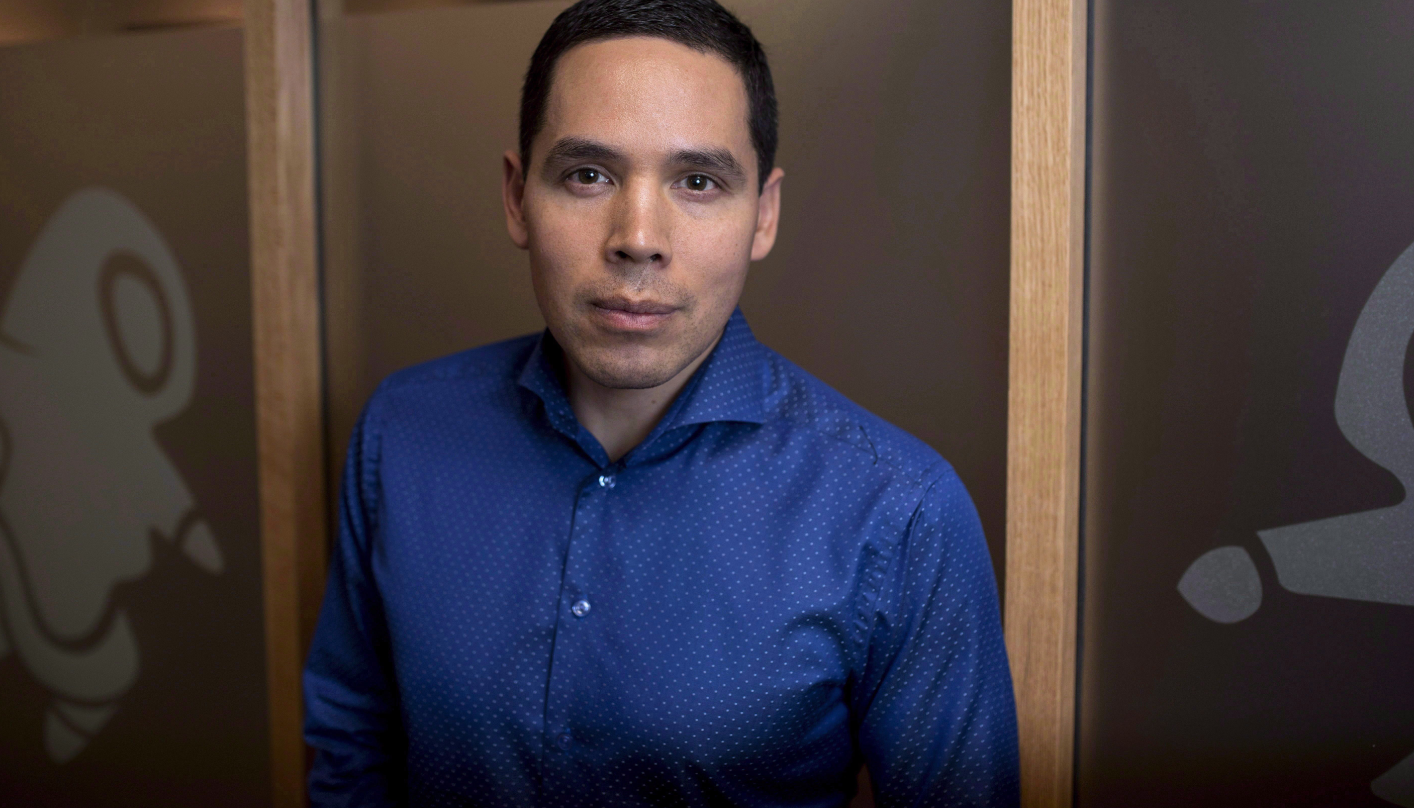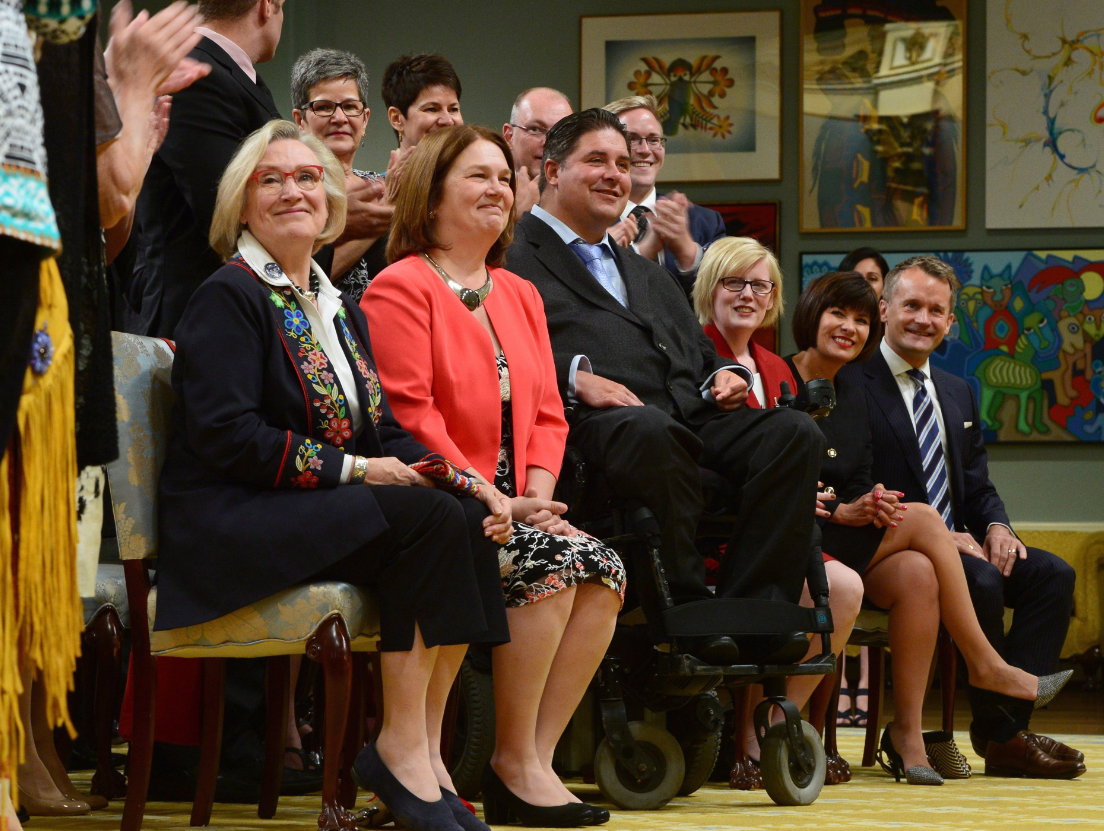Too soon to say what Indigenous affairs overhaul means for Arctic, says Inuit leader

Canada’s National Inuit leader says his organization is watching the dissolution of Indigenous and Northern Affairs Canada into two separate departments with interest, but that it’s too soon it gauge how it will affect Arctic communities.
“Without more detailed information it is unclear what these changes will mean for Inuit,” Natan Obed, president of Inuit Tapiriit Kanatami ITK, said in a news release this week after Monday’s announcement.
“However, I welcome (the) acknowledgement that the federal government must do better when it comes to policy, programs and services for Inuit and all Indigenous peoples. I am hopeful that the new direction will result in improved communication with Inuit and responsiveness to Inuit needs and priorities.”
“Creaky old structures” have gone as far as they can: PM
Earlier this week, Canada’s Prime Minister Justin Trudeau announced that Indigenous and Northern Affairs Canada (INAC) would be split into two different departments with two different ministers.
“There’s a sense that we have pushed the creaky old structures around INAC about as far as they can go,” Prime Minister Justin Trudeau said at a news conference in Ottawa on Monday.
“This is about recognizing the structures in place at Indigenous and Northern Affairs Canada were created at a time where the approach around the Indian Act, the approach around our engagement with Indigenous Peoples, was very much looked at in a paternalistic, colonial way.”

Carolyn Bennett, the former minister of Indigenous and Northern Affairs Canada, became minister of Crown-Indigenous Relations and Northern Affairs responsible for First Nations, Métis and Inuit relations with the government.
Jane Philpott, the former health minister, became minister of the Department of Indigenous Services, responsible for delivering services like education, health and housing to First Nations, Inuit and Métis Peoples.
Obed said Philpott had worked productively with ITK when she was health minister and he expected the close relationship to continue.
“She has demonstrated a keen understanding of what it means to work in partnership with Indigenous peoples, and I look forward to engaging with her more closely in her new role as Minister of Indigenous Services, alongside Carolyn Bennett in her new role as Minister of Crown-Indigenous Relations and Northern Affairs.”
Legislative amendments will be needed to dissolve INAC and dissolution of the department will be done in stages over the next several months.
Write to Eilís Quinn at eilis.quinn(at)cbc.ca
Related stories from around the North:
Canada: Canada’s department of Indigenous and Northern Affairs gets major shake up, Eye on the Arctic
Finland: Sami group occupies island in northern Finland to protest fishing rules, Yle News
Norway: Political support for Norwegian Truth and Reconciliation Commission, The Independent Barents Observer
Sweden: Treatment of Sami people among Swedish shortcomings : Amnesty International report, Radio Sweden
Russia: More protected lands on Nenets tundra in Arctic Russia, The Independent Barents Observe
United States: U.S. transportation secretary announces efforts to speed up project development in Alaska, Alaska Dispatch News



